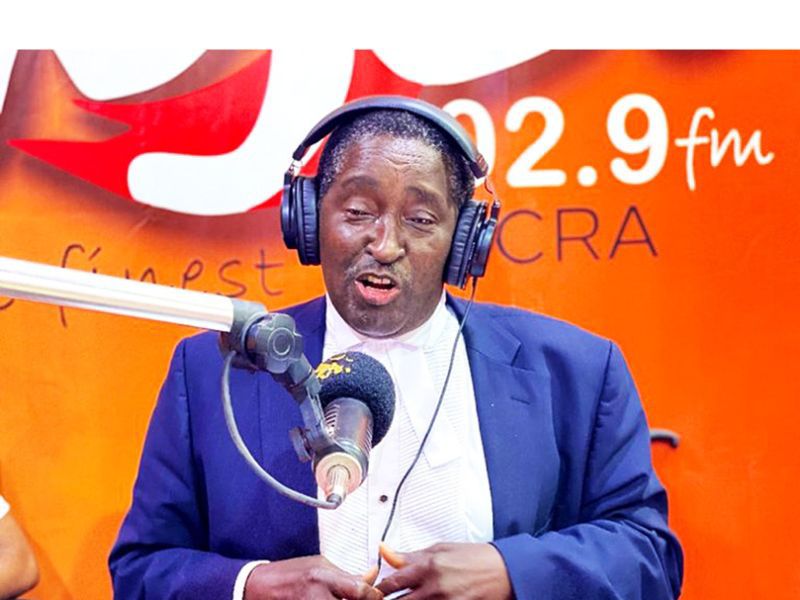The controversy surrounding a cash gift presented by Sammy Gyamfi, the National Communications Officer of the National Democratic Congress (NDC), to Nana Agradaa, a self-proclaimed evangelist and former fetish priestess, has ignited a debate about political ethics and the application of the recently introduced Code of Conduct for government appointees in Ghana. The incident, captured on video, has drawn widespread criticism and calls for disciplinary action, particularly from Captain (Rtd) Nkrabea Effah Dartey, a Ghanaian politician and legal practitioner. Effah Dartey argues that Gyamfi’s actions warrant punishment from President John Dramani Mahama to demonstrate the seriousness of the newly implemented Code of Conduct. This incident serves as a critical test case for the President’s commitment to enforcing ethical standards within his administration.
Effah Dartey’s central argument hinges on the symbolic importance of President Mahama’s response to Gyamfi’s actions. He posits that failing to reprimand Gyamfi would render the Code of Conduct a mere symbolic gesture, undermining its intended purpose of promoting integrity within the government. Gyamfi, as a prominent figure within the NDC, holds a position of influence, and his actions, according to Effah Dartey, set a precedent for other appointees. By punishing Gyamfi, the President would send a clear message that the Code of Conduct is not simply a superficial document but a set of enforceable rules with real consequences for violations. This, in turn, would reinforce public trust in the government’s commitment to ethical conduct.
The controversy also highlights the potential ambiguity surrounding the interpretation and application of the Code of Conduct. While Effah Dartey interprets Gyamfi’s act of giving a gift as a violation, Edudzi Tamakloe, a member of the NDC legal team, offers a contrasting perspective. Tamakloe argues that the Code of Conduct explicitly addresses the receiving of gifts, not the giving. This differing interpretation underscores the need for clearer guidelines and definitions within the Code to avoid such ambiguities and ensure consistent application. The debate underscores the complexities of regulating ethical behavior in the political sphere and the challenges in defining the boundaries of acceptable conduct.
The incident further raises questions about the interplay between personal beliefs, political affiliations, and ethical standards. Nana Agradaa’s controversial background as a former fetish priestess adds another layer of complexity to the situation. While Gyamfi’s supporters might argue that he was merely exercising his personal freedom to make a gift, critics contend that his association with a controversial figure like Agradaa reflects poorly on the NDC and its commitment to promoting ethical conduct. The public scrutiny surrounding this incident highlights the expectation that political figures maintain a certain level of ethical conduct, both in their public and private lives.
The debate surrounding Gyamfi’s gift to Nana Agradaa transcends the immediate controversy and raises broader questions about the role of money and influence in Ghanaian politics. The undisclosed amount of the cash gift further fuels speculation and raises concerns about potential undue influence or hidden agendas. Transparency and accountability are crucial in maintaining public trust, and the lack of clarity surrounding the nature and purpose of the gift adds to the public’s apprehension. This incident underscores the need for greater transparency in political dealings and the importance of avoiding even the appearance of impropriety.
Ultimately, the outcome of this controversy will serve as a significant indicator of the Ghanaian government’s commitment to ethical conduct and the enforceability of the Code of Conduct for government appointees. President Mahama’s response will not only address the immediate issue at hand but also set a precedent for future cases and shape public perception of his administration’s commitment to accountability and transparency. The incident serves as a crucial test for the effectiveness of the newly implemented Code of Conduct and its ability to uphold ethical standards in Ghanaian politics. The public will be closely watching the President’s decision, and its implications will resonate far beyond this specific incident.














